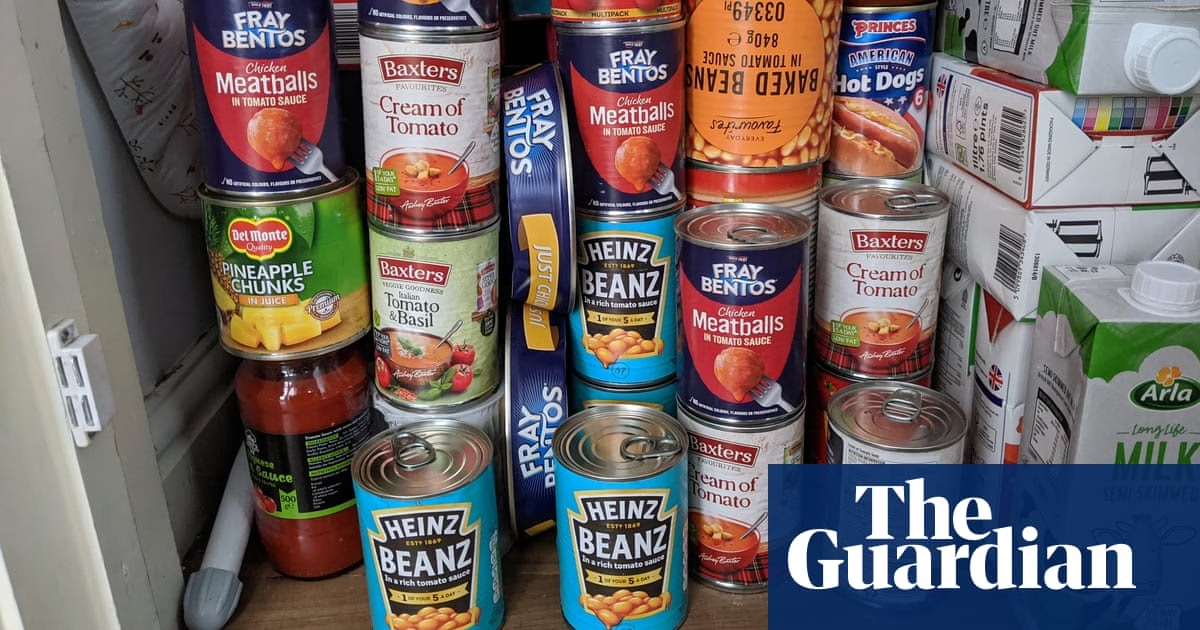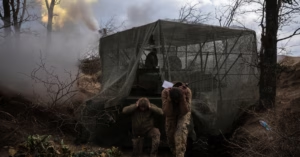EU Citizens Advised to Prepare for Crises by Stockpiling Supplies for 72 Hours
In a bold move to increase readiness for a plethora of crises, from catastrophic floods and fires to pandemics and military attacks, the European Commission (EC) has advised citizens across the European Union (EU) to stockpile sufficient food, water, and essential supplies to last for 72 hours. This recommendation is part of the EC’s newly unveiled preparedness strategy aimed at bolstering both individual and collective preparedness for a range of potential disasters.
Outlining the EU’s First Preparedness Strategy
The EC has detailed its first-ever preparedness strategy, which emphasizes the importance of citizens taking proactive measures to prepare for crises. This includes developing household emergency plans and stockpiling essential supplies. The strategy takes inspiration from existing plans in countries like Germany and the Nordic nations, which have already distributed informational materials and developed applications guiding citizens on how to respond during military attacks or other national emergencies.
What Should Citizens Stockpile?
Hadja Lahbib, European Commissioner for Preparedness and Crisis Management, highlights the necessity for EU members to ensure 72 hours of self-sufficiency. Her social media presents an emergency kit that includes crucial items like ID documents in waterproof casings, canned food, bottled water, matches, a Swiss army knife, cash, playing cards, medicines, and a small radio.
EU Preparedness Strategy: Expanding Awareness and Coordination
The strategy aims to enhance EU coordination and public awareness regarding a wide range of risks, including extreme weather events exacerbated by the climate crisis, pandemics, cyber-attacks, and military invasions. It also calls for the establishment of a Europe-wide preparedness day, the inclusion of the topic in school curricula, and the development of an EU stockpiling strategy to ensure adequate reserves of essential resources.
Mixed Reactions Anticipated from EU Member States
The EU’s push for increased preparedness is likely to elicit varied responses from its member states, which perceive threats differently. Rebranded military spending plans, such as “Readiness 2030” instead of “Rearm Europe,” reflect ongoing efforts to balance preparedness with public sentiment. Northern European countries have already taken the lead in emergency planning initiatives.
Preparing for the Unexpected: A Collective Responsibility
The call for EU citizens to prepare for emergencies by stockpiling essentials marks a significant shift in the region’s approach to crisis readiness. By drawing on the success of previous plans and adapting to the unique needs of its diverse member states, the EU seeks to foster a culture of preparedness, ensuring its citizens are ready to face whatever challenges may arise.
Source: https://www.theguardian.com/world/2025/mar/26/stockpile-supplies-72-hours-disasters-attack-eu-tells-citizens







